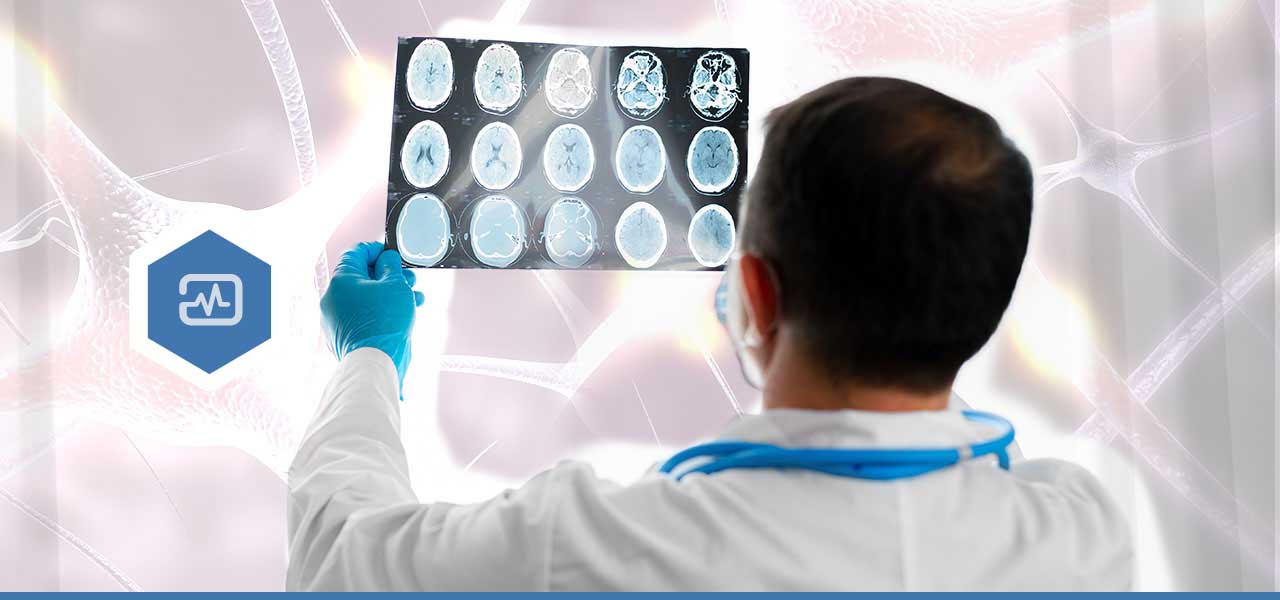
Despite decades of research, we don’t know much about the brain. It is as strange as the deep sea, as complex as a computer, as mysterious as the universe – and it makes us who we are, as humans and individuals.
Understanding this most complex of organs is more important now than ever: lifespans are increasing and, thus, so are age-related conditions such as Alzheimer’s and Parkinson’s; awareness of mental illness is rising, as is the need for effective treatments; rates of autism are still going up. Fortunately, technological advances over the past several years are, for the first time, allowing scientists to study the brain at a level of detail never before possible.
As one of the world’s leading multidisciplinary research institutions, the Weizmann Institute of Science is ideally placed to lead us into medicine’s last great frontier. To do so, we are establishing the Institute for Brain and Neural Sciences, a major flagship initiative that will bring together our deep bench of stellar neuroscientists, experts from other fields, international partnerships, and cutting-edge technologies in order to truly understand the brain, in health and disease.
The brain has been a major focus of investigation at Weizmann for decades, with more than 40 research groups currently addressing the most pressing questions in neuroscience, including how the brain functions, how consciousness emerges from neural networks, how the brain responds to everyday events versus emotional stress and physical trauma, why brain function declines with age, and what processes underlie neurodegeneration or mental illness.
For example, Prof. Michal Schwartz pioneered research on the immune system’s role in Alzheimer’s. As The Jerusalem Post reports, her Alzheimer’s treatment is entering clinical trials. Prof. Rony Paz found that people with anxiety disorders see the world differently, says The Huffington Post, and are less able to distinguish between “safe” and negative stimuli, seeing them all as a threat. And in a recent breakthrough, Prof. Ofer Yizhar used optogenetics to switch off connectors that link different parts of the brain. He tells The Times of Israel that the method will help the development of many drugs, and “can advance research on autism, epilepsy and a range of other disorders.”
The new Institute for Brain and Neural Sciences will not only support these and other dedicated Weizmann researchers as they increase understanding of the brain, but move resulting therapies from the lab to the market. It will ensure that our scientists have access to the revolutionary technologies that are advancing neuroscience, and will foster the collaborations and partnerships that are further transforming the field. This includes crossing disciplinary borders, as today’s neurobiologists routinely partner with colleagues in molecular biology, systems biology, computer science, artificial intelligence, biophysics, biochemistry, and beyond.
Given all these complexities – as well as those of the brain itself – the new institute will have separate, but complementary, sub-centers focusing on critical areas such as:
Neurodegeneration. Neurodegenerative diseases such as Alzheimer’s, Parkinson’s, ALS, multiple sclerosis, and Huntington’s impact millions of people worldwide – as well as their families.
Research to prevent and repair neurodegeneration is a priority for science and medicine, and the search for those solutions is at the heart of this center. In addition to understanding what happens in neurodegeneration, scientists aim to develop new and better treatments for these diseases.
Mental and Emotional Health. Depression, anxiety, PTSD, eating disorders, schizophrenia, and bipolar disorder, among other conditions, take a tremendous toll on both sufferers and society. What prompts the conditions? What promotes resilience?
Scientists in this center will employ integrated molecular, biochemical, genetic, and behavioral methods to investigate neural pathways. Psychophysics techniques and imaging technologies will be used to identify emotion-related networks and understand how they go awry in mental illness. This center’s insights may lead to ways to strengthen mental resilience, prevent mental illness, and develop new treatments.
The Aging Brain. As science and medical technology continue to extend our lives, we also face the downsides: the physical and mental deterioration of even healthy aging, and the increase in age-related neurodegenerative diseases. Weizmann scientists will study issues such as how the brain alters as it ages and whether that process can be halted or reversed. Results are expected to yield potential treatments for aging-related brain disorders.
Injury and Regeneration. Why doesn’t the central nervous system repair itself after injury, such as damage to the spinal cord? Scientists at this center will work to find ways of convincing damaged neurons to regenerate, including by studying organisms – such as fish and amphibians – that are able to regenerate neurons and repair central nervous system damage.
In addition to the above, centers at the Institute for Brain and Neural Sciences will focus on: neural networks; perception and action; learning, memory, and cognition; theoretical and computational neuroscience; and development of innovative technologies.
Please click here if you’d like to read more about the new Institute for Brain and Neural Sciences – and please click here to support the Weizmann Institute as it leads us into medicine’s last great frontier: the human brain.
